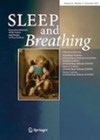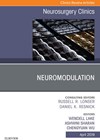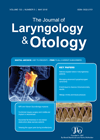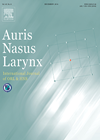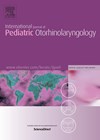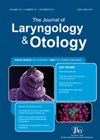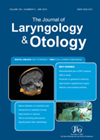
Journal Reviews
Does pregabalin help with post-tonsillectomy pain?
This is a small double-blind randomised controlled trial conducted on tonsillectomy and lateral pharyngoplasty operations. Both of these operations are terrifically painful, and I am sure most of us are looking for a way of reducing the suffering for our...
Peripheral nerve stimulation for chronic refractory pain
Peripheral nerve stimulation (PNS) plays an important role in treating chronic refractory pain syndromes that manifest in limited distributions and overlap with areas of neurologic innervation. The process is generally thought to capitalise on the inhibition and activation of pain-related...
Visual distraction helps patients tolerate flexible laryngoscopy
With the arrival of flexible fibreoptic laryngoscope some 35 years ago, the examination of the laryngopharynx has become remarkably easier and saves immense time and costs since the days of mirror examination when this examination was not truly satisfactory in...
Merocel vs Cutanplast Anal packing
This study compared two different nasal dressings after septoplasty. Seventy-six patients acted as their own controls by having one nostril packed with Merocel and one nostril somewhat improbably with Cutanplast Anal (gelatin sponge). It seems that the gelatin sponge was...
IV dexamethasone versus LA infiltration during paediatric tonsillectomy
Postoperative nausea and vomiting following tonsillectomy is important to control for improved oral intake and satisfaction following surgery. Optimal management is still debated. This team from Beirut conducted a randomised double blind clinical trial comparing the effect of intravenous dexamethasone...
Do intratympanic injections require local anaesthesia?
Intratympanic injections are becoming increasingly acceptable in the management of Meniere’s disease, tinnitus and sudden hearing loss. This is because they avoid the need for hospitalisation and can be performed as low-cost outpatient procedures. It is traditional to freeze the...
Occupational hazards affecting otolaryngologists
This is a questionnaire survey which received responses from 323 clinicians practising otolaryngology. The grades ranged from consultants to junior doctors. It was noted that nearly half of these respondents suffered from some form of musculoskeletal pain and it highlights...

